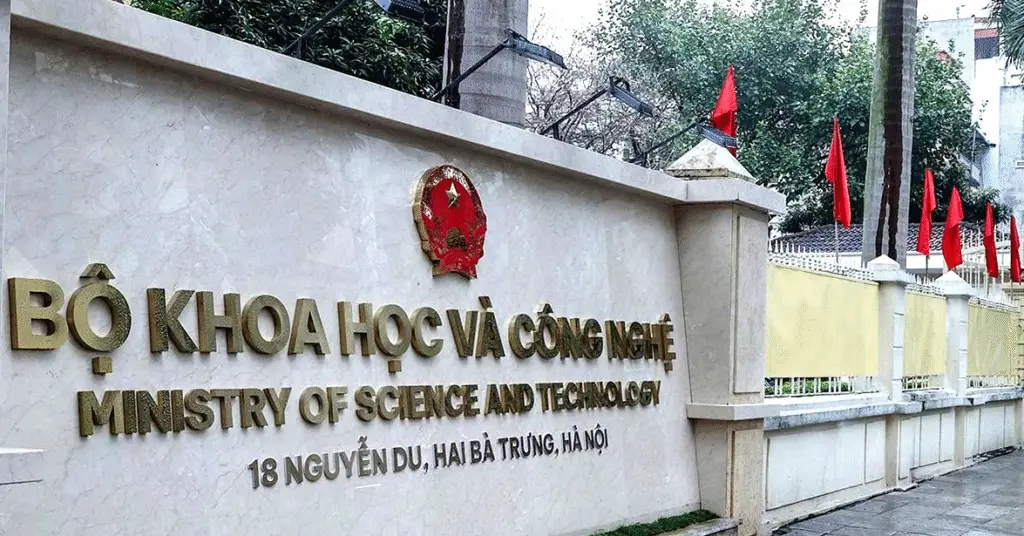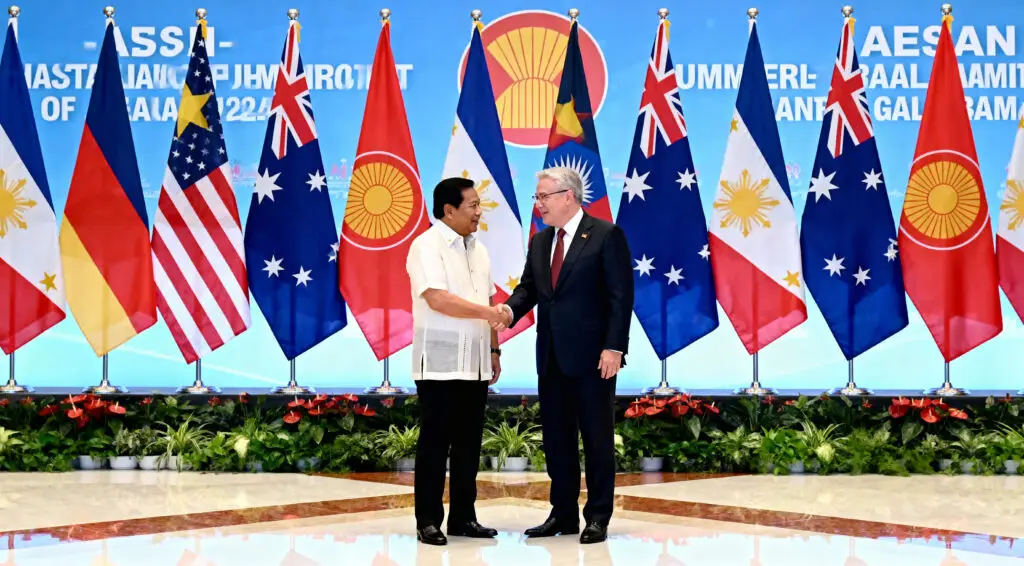Vietnam Strengthens Commitment to Responsible AI Governance
Vietnam has released its first comprehensive national report on artificial intelligence ethics under the UNESCO framework, marking a major milestone for responsible innovation. The Ministry of Science and Technology (MST) presented the Artificial Intelligence Readiness Assessment Report (RAM) during Vietnam International Digital Week in Ninh Binh.
More than 800 participants, including government officials, lawmakers, and technology experts, attended the event, reflecting Vietnam’s determination to build an inclusive and ethical AI ecosystem. The report aligns with the nation’s goal of balancing innovation with accountability to ensure AI benefits both individuals and communities.

Focus on Human-Centered and Ethical Artificial Intelligence
Minister Nguyen Manh Hung emphasized that AI should be developed with intelligence, integrity, and social awareness to serve humanity. Vietnam’s national approach aligns with international standards that prioritize safety, transparency, collaboration, and sustainability.
The RAM Report evaluates the country’s preparedness across five key pillars: legal frameworks, cultural inclusivity, education, workforce development, and digital infrastructure. Findings highlight Vietnam’s effort to integrate ethical principles into technology development while promoting open-source AI ecosystems to encourage collaboration and innovation.
Vietnam’s Rapid Progress in AI and Digital Transformation
The report notes that Vietnam has made substantial progress in establishing regulations and policies supporting AI growth. The nation has climbed from 134th to 26th globally in AI-related research publications within ten years and continues to expand its National AI Strategy alongside open data initiatives.
Vietnam achieved a “Very High” ranking in the 2024 UN E-Government Development Index, underlining its dedication to universal digital access. Ongoing programs to provide nationwide broadband and mobile connectivity demonstrate the government’s goal to bridge rural-urban gaps while maintaining public trust in digital governance.
Recommended Article: UK Pledges AI Innovation and Deregulation to Boost Growth
Addressing Inequality and Inclusion in AI Development
Despite steady progress, the report highlights lingering inequality in access to AI-related opportunities. Women, ethnic minorities, and people with disabilities remain underrepresented in STEM programs, underscoring the need for more inclusive policies.
It also calls for stronger ethics education in schools and public sector training. As automation and AI adoption rise across industries such as healthcare, logistics, and finance, continuous upskilling programs are essential to ensure a diverse and adaptable workforce.
Building a Foundation for Ethical and Inclusive Innovation
The RAM Report recommends embedding AI ethics into Vietnam’s legal and national policy frameworks. It proposes establishing a National AI Ethics Committee, developing standardized guidelines, and implementing regulatory sandboxes for responsible innovation.
It also encourages enhanced data interoperability and intersectoral data exchange to improve transparency and efficiency in AI applications. Sustainability considerations such as energy efficiency and cultural preservation are also highlighted as vital components of long-term responsible development.
UNESCO and the EU Support Vietnam’s AI Leadership
Jonathan Wallace Baker, UNESCO’s representative in Vietnam, praised the country’s human-centered approach to AI governance. He reaffirmed UNESCO’s commitment to assisting Vietnam through initiatives in education, journalism, and digital safety.
The European Union co-funded and contributed to the assessment, which involved consultations with scholars, industry leaders, and local communities. Both UNESCO and the EU emphasized that multilateral cooperation is essential to maintaining fairness and inclusivity in AI development.
Shaping Vietnam’s Future as a Regional AI Ethics Model
The RAM Report positions Vietnam as a regional leader in ethical and responsible AI governance. Its framework integrates moral accountability with technological advancement, setting an example for developing nations seeking to adopt sustainable innovation models.
Vietnam’s continued collaboration with UNESCO and the EU reflects its long-term vision of building a trustworthy, inclusive, and human-centered AI-driven economy. Through education, policy reform, and innovation, Vietnam aims to ensure technology uplifts society and strengthens shared prosperity.























